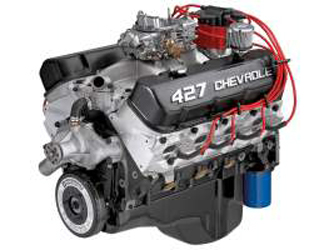C127B Engine Code Repair
Meaning of C127B engine trouble code is a kind of chassis trouble code and when your car's 'C127B Check Engine' light comes on, it's usually accompanied by a sinking feeling in the pit of your stomach. The light could mean a costly problem, like a bad catalytic converter, or it could be something minor, like a loose gas cap. But in many cases, it means at minimum that you'll be visiting the car dealer to locate the malfunction and get the light turned off.
C127B Fault Symptoms :
- Check engine light comes on
- Engine stalling or misfiring
- Engine performance issues
- Car not starting
If one of these reasons for C127B code is occuring now you should check C127B repair processes.
Now don't ask yourself; What should you do with C127B code ?
The solution is here :
C127B Possible Solution:

The firing order is an important part of the overall design of the engine and is determined during the design of the engine to eliminate as much engine vibration as possible. If the firing order is changed or adjusted, the ignition from the spark plug is delivered at the wrong time and the engine functions poorly or does not run. The firing order for a particular engine is typically found in the repair manual specific to that model.
C127B Code Meaning :
C
OBD-II Diagnostic Chassis (C) Trouble Code For Engine
1
Fuel And Air Metering
2
Fuel Rail/System Pressure - Too High
7
Cylinder 4 Contribution/Balance Fault
b
The oxygen (02) sensors on your car measure the oxygen in the exhaust to determine how rich or lean the ratio of fuel and air are in the cylinders. Optimizing this mixture means better fuel economy and fewer exhaust emissions.
C127B OBD-II Diagnostic Chassis (C) Trouble Code DescriptionC127B engine trouble code is about .Main reason For C127B CodeThe reason of C127B OBD-II Engine Trouble Code is Fuel Rail/System Pressure - Too High. |
C127B DTC reports a sensor fault, replacement of the sensor is unlikely to resolve the underlying problem. The fault is most likely to be caused by the systems that the sensor is monitoring, but might even be caused by the wiring to the sensor itself.
